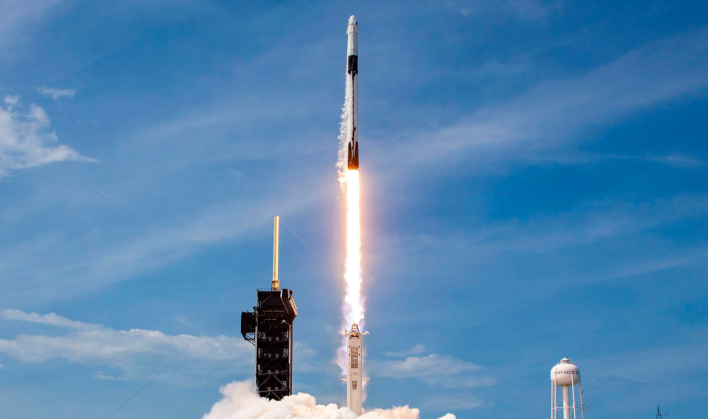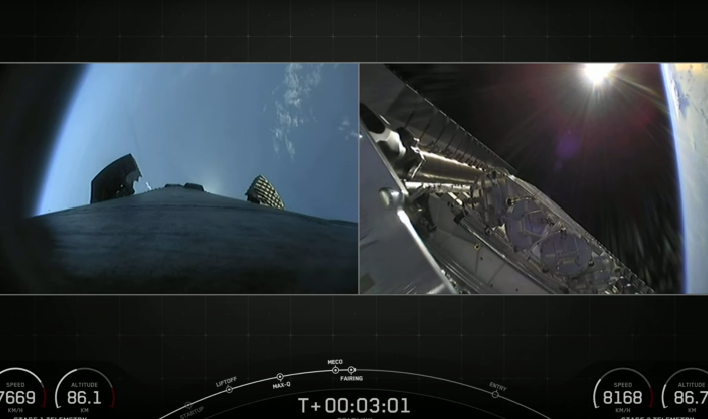SpaceX Warns This 5G Spectrum Upgrade Will Totally Ruin Its Starlink Broadband Service

SpaceX has spent a lot of time and resources on trying to beef up its Starlink internet service, as it launches new satellites on a regular basis. The company also recently opened up availability of its Starlink for RVs for customers who were in an area where the service was available, but placed on a waitlist. While more customers may be getting access to the satellite based internet service, SpaceX is now saying that a competitor could make it "unusable".
The new analysis that was released this week by SpaceX claims that some amount of "harmful interference from terrestrial mobile service" within the 12.2-12.7GHz spectrum band would occur about 77% of the time. The company also insists that interference may result in full Starlink outages approximately 74% of the time. Therefore, SpaceX contends Dish's efforts to expand its 12GHz spectrum to its 5G mobile service could potentially pose an existential risk to Starlink's business in certain markets.
However, if you ask Dish about the threat to Starlink, its take is a bit different. It has previously indicated that opening up 12GHz to 5G represents a "win-win" for all involved.

Currently SpaceX has around 400,000 Starlink subscribers worldwide, and has launched approximately 2,700 Starlink satellites into low-earth-orbit. Elon Musk hopes to boost the number of satellites in the coming decades to include over 42,000 satellites. His hope is to bring internet service to one-third of the world population that does not have internet access yet.
The claims by SpaceX in its recent analysis follows an earlier report by wireless internet provider RS Access. SpaceX says that report included numerous "egregious errors" and "faulty assumptions" that presented a scenario where mobile interference was less severe. SpaceX states it used the same methodology from the RS Access report, "but using assumptions that reflect reality and correcting several of the most glaring errors."
"This analysis verifies what should be intuitive- that a high-power terrestrial network would blow out anyone using the high-sensitivity equipment satellite consumers must use to receive signals that comply with the commission and international power restrictions on satellite downlink transmissions," explained SpaceX Senior Director of Satellite Policy Over David Goldman. "As a result, vastly fewer Americans could be connected using next-generation satellite services, and those that remain would experience degraded service and regular network outages."
Dish has stated that the company's "expert engineers" are currently evaluating the claims made by SpaceX. The Federal Communications Commission has yet to respond to the recent analysis.
Top Image Credit: SpaceX

